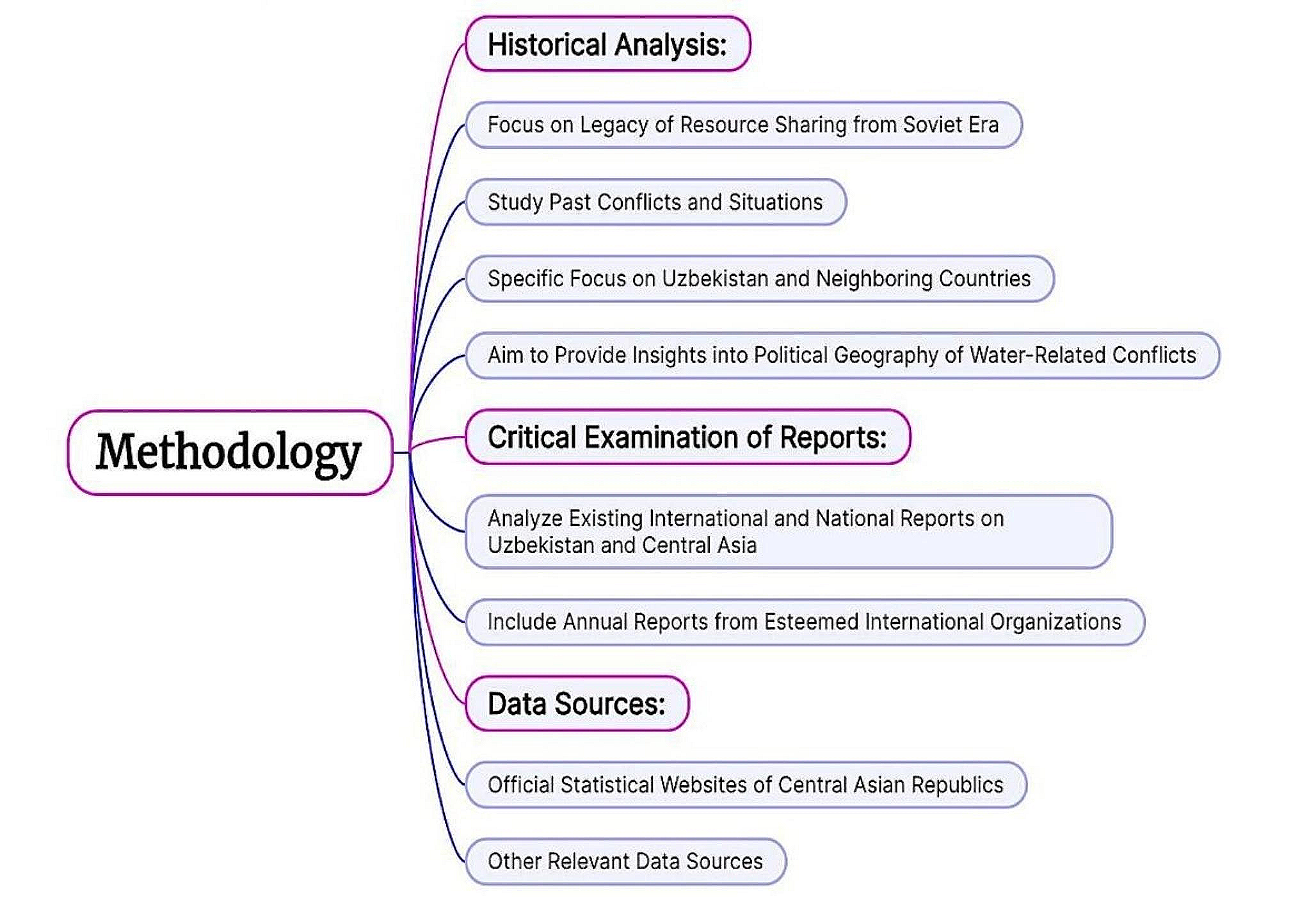Water Governance and Insecurity in Central Asia
Published in Social Sciences, Earth & Environment, and Law, Politics & International Studies

Why This Study Matters
Central Asia’s water issues are shaped by climate change, population growth, urbanization, and geopolitical tensions. The Amu Darya and Syr Darya rivers, essential for irrigation and livelihoods, are increasingly under strain due to melting glaciers, inefficient water management, and regional competition. While past efforts have sought solutions, ongoing disputes and environmental shifts demand a new, comprehensive approach.
Key Insights
- Water Scarcity & Political Tensions – As demand rises, competition over shared watersheds could lead to regional instability and potential conflict.
- The Role of Climate Change – Glacial melt and natural disasters are reshaping water availability, requiring long-term adaptation strategies.
- Governance Gaps – Fragmented water policies and lack of cross-border cooperation continue to hinder sustainable solutions.
- Pathways to Stability – Regional cooperation, efficient water governance, and sustainable policies are essential for mitigating future crises.
What This Study Contributes
Using a mixed methods approach, this research highlights both the socio-political and environmental dimensions of Central Asia’s water crisis. It advocates for collaboration in water management, peacebuilding, and policy reform to ensure long-term stability and sustainability.
Our findings are not just relevant for Central Asia—they offer valuable lessons for other regions facing transboundary water disputes. We hope this study sparks further research and dialogue on balancing development, resource management, and regional diplomacy.
📖 Read the full paper here: https://doi.org/10.1007/s40899-024-01099-y
Follow the Topic
-
Sustainable Water Resources Management

This journal publishes articles that deal with the interface of water resources science and the needs of human populations, highlighting work that addresses practical methods and basic research on water resources management.
Introducing: Social Science Matters
Social Science Matters is a campaign from the team at Palgrave Macmillan that aims to increase the visibility and impact of the social sciences
Continue reading announcementRelated Collections
With Collections, you can get published faster and increase your visibility.
VII RAGSU – Advances in Environmental Geochemistry and Sustainable Water Resources in Latin America
The proposed Special Issue, “VII RAGSU – Advances in Environmental Geochemistry and Sustainable Water Resources in Latin America”, will compile selected peer-reviewed papers presented at the VII Argentine Meeting on Surface Geochemistry (RAGSU 2025). This collection aims to highlight recent advances in environmental and surface geochemistry research with direct implications for water resources management, sustainability, and environmental studies.
The RAGSU meetings, held regularly in Argentina since 2009, constitute a leading regional forum for presenting and discussing scientific progress in surface geochemistry, covering diverse environments such as marine, fluvial, wetland, saline, soil, and groundwater systems. Research topics include environmental geochemistry, hydrogeochemistry, biogeochemical processes, isotopic and experimental geochemistry, and the geochemistry of natural and anthropogenic impacts on surface and subsurface environments.
This Special Issue is timely and relevant as it brings together recent studies addressing pressing issues related to water quality, groundwater–surface water interactions, contaminant dynamics, nutrient cycling, and the sustainable use of water resources in the context of agricultural and urban pressures. Many of these studies originate from Latin America (a region where water management challenges are intensified by climate variability, land-use change, and socio-economic constraints) yet often remain underrepresented in international literature.
The proposed collection fits naturally within the aims and scope of Sustainable Water Resources Management by integrating fundamental and applied geochemical research that supports sustainable water resource strategies.
It will provide valuable insights from developing regions, aligning with the journal’s mission to promote global knowledge exchange between researchers from developing and developed countries. By fostering interdisciplinary collaboration among geochemists, hydrologists, and environmental scientists, this issue will contribute to the understanding of hydrogeochemical processes that underpin sustainable management of both surface and groundwater systems.
Publishing Model: Hybrid
Deadline: Mar 31, 2026





Please sign in or register for FREE
If you are a registered user on Research Communities by Springer Nature, please sign in